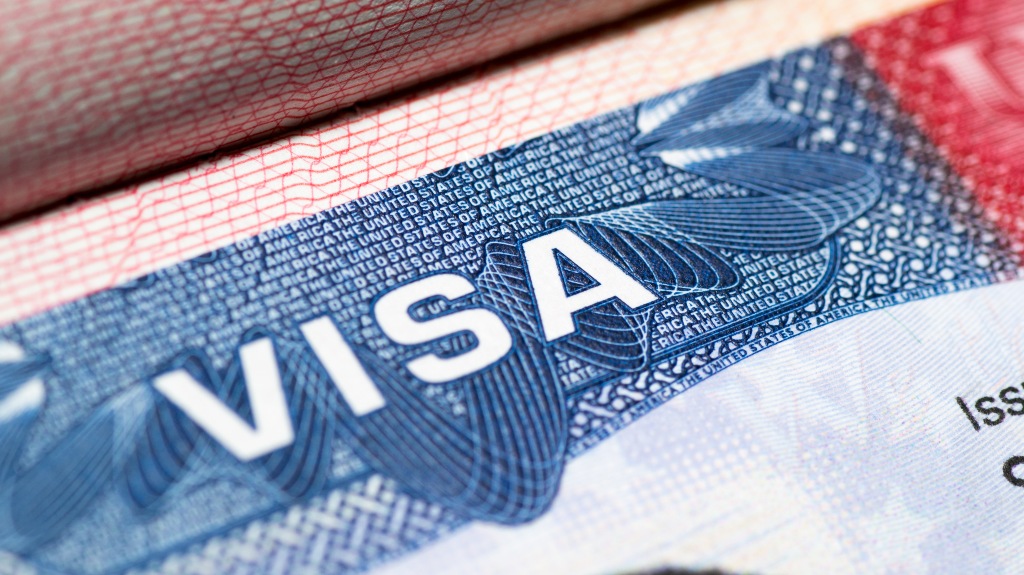Millions of U.S. visas are issued each year, and for many different reasons. Sports competitions, business dealings, and joining one’s family are all valid reasons for obtaining a visa. Each visa type has different requirements and classifications, and there are two main categories of visas: immigrant and nonimmigrant. Understanding the different visa types can help you or a loved one enter the U.S. or become a citizen, and it can also help to know when you need an immigration lawyer to assist with your visa application.

Types of U.S. Visas
There are two main classifications for Visas in the United States: immigrant and nonimmigrant. Each serves a different purpose and has several sub-categories that specify the reason for entering the country.
Immigrant Visa
Those seeking an immigrant visa plan to work or live in the United States permanently. Immigrant visas are often sponsored by an employer or relative, but there are some special circumstances for which no sponsorship is required. To obtain an immigrant visa, the applicant or his or her sponsor must file an application with U.S. Citizenship and Immigration Services.
Some examples of immigrant visas include a Spouse of a U.S. Citizen (IR1 or CR1), Returning Residents (SB), or Employment-Based Immigrants (E1, E2, E3, EW3, C5, T5, R5, I5, or S). Applying for an immigrant visa is the first step in becoming a permanent resident and obtaining a green card.
Nonimmigrant Visa
A nonimmigrant visa applicant is someone who wishes to travel to or live in the United States on a temporary basis. Anyone who plans to visit as a tourist, work temporarily, or study in the United States can obtain a visa before entering the country; however, a Customs and Border Protection Officer will review the visa at a port-of-entry to determine if the visa holder is eligible for entry. Nonimmigrant visa examples include an Athlete (B-1 or P), Tourist (B-2), Victim of Criminal Activity (U), or Diplomat or Foreign Government Official (A).
Can you enter the U.S. without a visa?
There are a few specific instances that don’t require a foreigner to acquire a U.S. visa. The Visa Waiver Program (VWP) allows visitors from certain countries to enter the United States without a visa for less than 90 days. Those eligible for the VWP must follow certain guidelines, such as having a round-trip ticket and valid passport. The drawback is that VWP participants are unable to extend their stay by filling out a visa application to change their status.
Do I need a visa lawyer?
For many, the process of obtaining a visa may be as simple as filling out the required paperwork. Many others can greatly benefit from legal assistance in the pursuit of their visa. Some visas, like the U visa, are more complicated and may require legal assistance. At Cox, Esq. P.C., we specialize in all manners of immigration law, including assisting our clients with obtaining a U visa. We understand that U.S. immigration law can be complicated, and we’re here to help our clients around the globe. If you need assistance with any immigration issues, contact Cox, Esq. P.C. for a consultation. Our U.S. immigration lawyers are ready to help.
